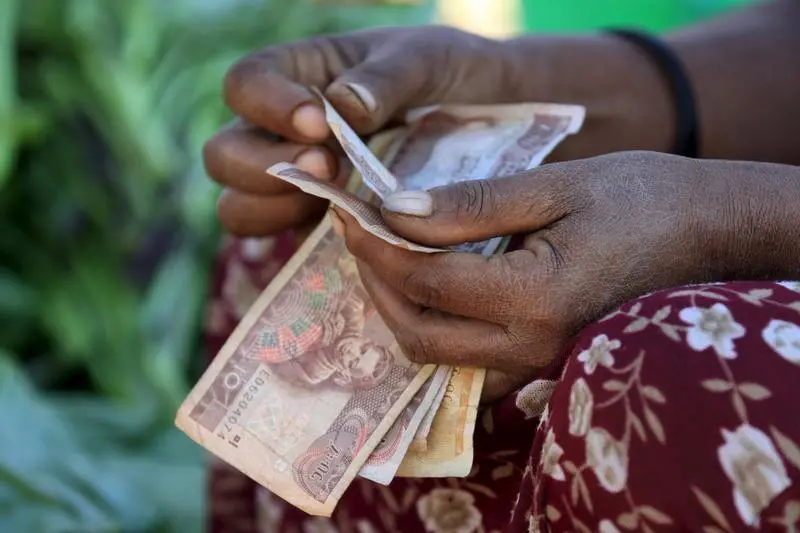PHOTO
Ethiopia's central bank (NBE) raised the interest rate on its emergency lending facility to 18% from 16%, it said, one of several measures announced on Friday aimed at cutting inflation of close to 30% to below 20% by mid-2024.
Commercial banks use the facility when they face liquidity problems.
The bank said that, for the fiscal year ending June 2024, it would also limit aggregate growth of banks' loan books to 14% and direct federal government borrowing would be capped at one-third of prior-year levels, and only be used as a last resort.
"The use of credit ceilings is a temporary arrangement to be used until mid-2024 when the NBE expects to move towards a more modern, interest-rate based monetary policy framework," it said.
Annual inflation had held above 30% for two years until easing to 29.3% in June. The NBE said the inflation path had shown modest progress, but more was needed.
The country of 123 million's worst drought in four decades, fallout from the COVID-19 pandemic, soaring global commodity prices and a two-year conflict in the northern Tigray region have kept inflation stubbornly high.
The NBE also said it was reducing the foreign exchange surrender requirement, whereby exporters will have to donate 50% of their forex receipts to the government and 10% to commercial banks. It did not say what the previous levels were.
(Reporting by George Obulutsa; Writing by Hereward Holland; Editing by Bhargav Acharya and John Stonestreet)




















